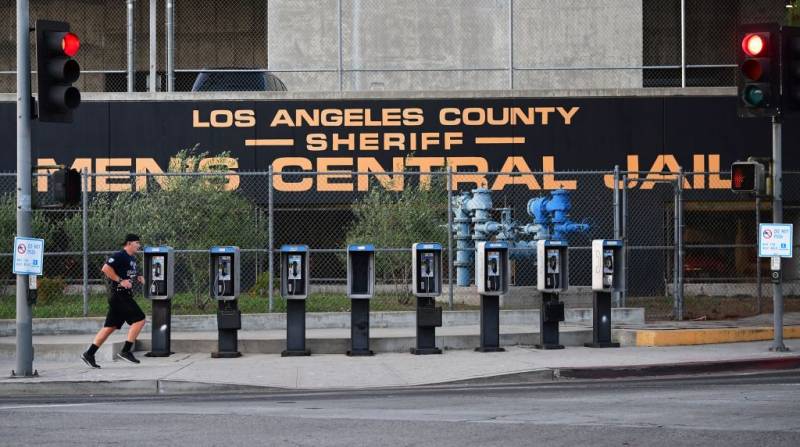But Jordan’s group did suffer one big loss: Proposition 25, which would have ended money bail in California, was defeated after a well-funded campaign by the bail industry and law enforcement. Those groups got a boost from an unexpected source — progressive civil rights groups, who argued that the measure’s proposed replacement for bail was unfair and could lead to more people being locked up.
Mike Gatto, a consultant for the No on 25 campaign, says voters understood it was deeply flawed.
“I think that the historic coalition that came together to oppose it sent a clear message to the Legislature that the people of the state want them to do better,” said Gatto, a former Democratic state lawmaker.
But Gatto rejects the notion that the electorate sent a broader message of increased support for criminal reform, arguing that Proposition 20 — the tough-on-crime measure, which he supported — was defeated simply because its backers were outspent.
Generally, Gatto adds, he doesn’t see a surge of anti-law enforcement sentiment among California voters.
Chatfield disagrees. A former defense attorney who has worked on these issues for two decades, she says while the bail measure was complicated because of opposition from both the left and right, the rest of the statewide and local criminal justice outcomes in this election should send a message to state leaders that the public is ready to go even farther on reform.
“The voters are so much further along on this issue than the California Legislature or any Legislature in the country,” she said.
Chatfield, Jordan and others hope the state Legislature, which failed to pass several police reform measures this past summer, will hear that message and be willing to embrace reforms to both policing and criminal sentencing in 2021.

